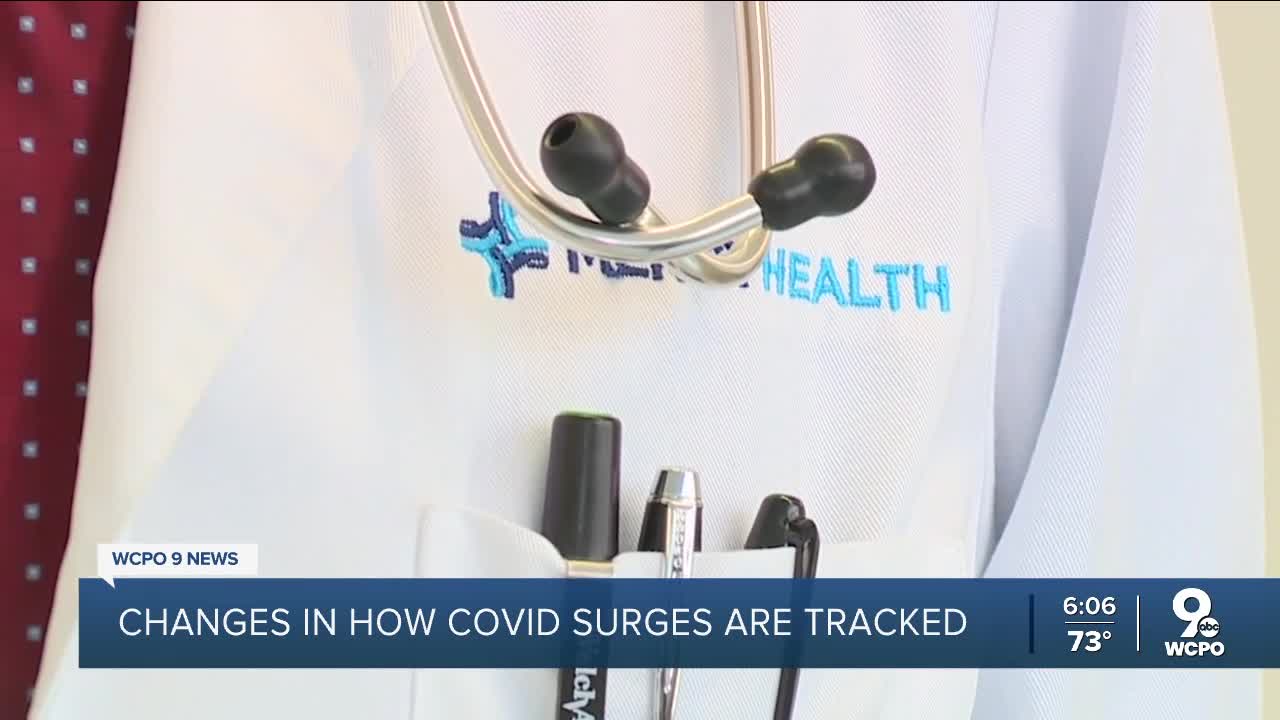CINCINNATI — Health departments are changing the way they track coronavirus, and their next move could change how some view the next surge or spike.
"We do have a crying wolf mentality," said Dr. Stephen Feagins, chief clinical officer for Mercy Health and medical director for Hamilton County Public Health. "How many times can you be concerned about something? So, it's important for us to look at all the data we have."
Once considered a key metric, confirmed cases of COVID-19 are less significant, Feagins said. With take-home rapid tests, people with minor symptoms can keep results to themselves.
"There is a lot of disease that flies under the radar," said Dr. Tom Huth, chief medical officer for Reid Health in Richmond, Indiana.
"(People) call their friends or put (positive test results) on Facebook," Feagins said. "But they don't really inform public health."
So epidemiologists are placing increasing significance on hospitalizations, the number of people in intensive care, on ventilators and dying from the virus. The next time authorities warn of a surge it means an alarming number of people are very sick or dying.
"I hope that it affects the behaviors of those who may not see it as something they need to take seriously," said Williams Carter, who works downtown.
Aaron Steele, who also works downtown, said he hasn't reached COVID fatigue but said people need to continue putting others first when approaching the virus.
"We run the risk of trivializing it and saying it's not a big deal," Huth said.
Hospitalizations at Reid Health are on a slow climb, he said. While the staff has not seen a COVID-19 death in two months or a ventilator case in six weeks, Huth said case counts remain an important stat to track because of the risk each infection brings.
"There are a significant number of people who after getting COVID-19 will have long-term effects and we don't understand what that's all about yet," Huth said. "But that's clearly an issue."
Huth said he wants it tracked along with the other statistic gaining significance. Soon the way it's tracked will be similar to the flu, Feagins said.
READ MORE
Health leaders say Ohio is in a good position despite rising COVID cases
Tri-State COVID cases are rising: Should you change your behavior?





